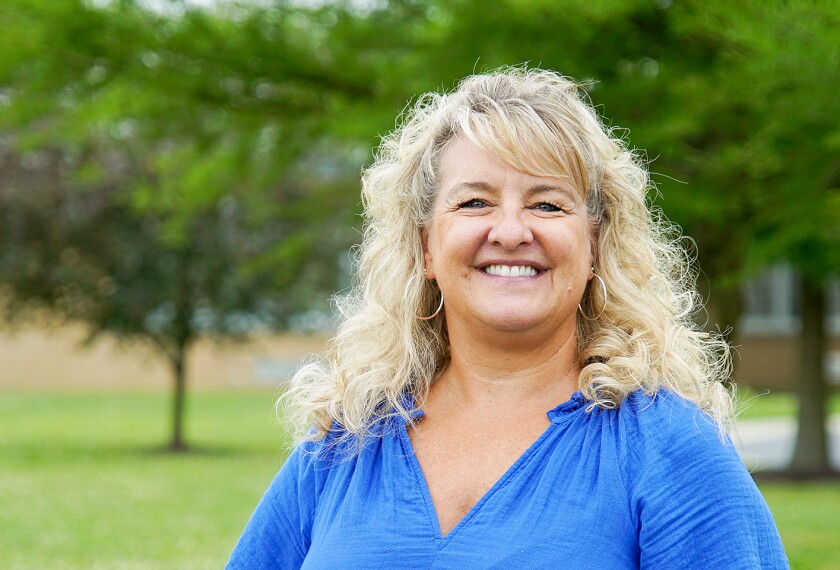Scandal is the news, but it’s not always the story. I know, because the Atlanta public schools, which I ran for 12 years until I retired in June, are embroiled in cheating allegations that rightly are the focus of extraordinary media coverage. Yet there is a growing danger that this disgraceful situation will set back national educational reform, when it could ironically advance it.
There is no excuse for cheating, and I deeply regret that I did not do more to prevent it.
The challenge now, even as law-enforcement agencies go about their business, is to learn from all of this and ensure that our nation’s schools are improved by it—because the problem of cheating is not unique to Atlanta. According to The New York Times, “Allegations of cheating have erupted in several places, including Washington, D.C., Pennsylvania, and Los Angeles.”
It greatly saddens me that security for state tests, after they were administered in 2009, was not sufficient to prevent tampering. That security was consistent with standard protocols, but, because the tests had to remain at the schools for several days, there were clearly opportunities for tampering that should have been prevented and were not. In hindsight, I would also more closely monitor the test administration in the classroom, which is now done on a heightened basis.
“Safe rooms” have also been created in the past year in every Atlanta public school for the purpose of securing tests. These safe rooms have cameras monitoring them constantly, and the few people with authorized access must sign in and out.
The results of the standardized tests administered in 2010 and 2011 under this enhanced security indicate that dramatic improvement in test scores has remained. That improvement has also been confirmed by the National Assessment of Educational Progress, or NAEP, which is independently administered. NAEP indicates that Atlanta public school students are performing at significantly higher levels than in the past.
There is no excuse for cheating, and I deeply regret that I did not do more to prevent it."
That’s the story that’s being lost. The progress made by Atlanta’s public schools over the past decade is real and dramatic.
In 2000, according to Georgia’s state testing, 47 percent of the district’s 4th graders, for example, were reading at levels that met or exceeded state standards. In 2011, under the strictest testing conditions, 80 percent were performing at acceptable levels. This trend is evident across most grades and subjects.
Those dramatic increases are not the result of score manipulation. They are the result of the hard work of turning around a struggling school system.
When I arrived in Atlanta, the Atlanta Journal-Constitution has reported, “Ninety percent of the system’s kindergarten teachers said they did not believe their pupils would graduate (from high school).” The situation was dire, and a complete overhaul was needed.
My team and I implemented research-based practices proven to teach effectively to standards—not to teach to tests.
As awful as this cheating scandal is, it would be even more awful if we learned the wrong lesson from it. The culprit is not standardized testing or teacher accountability. We need both."
We changed the way teachers were teaching: We introduced new models, provided professional development, instituted common preparation times so teachers could support each other in improving their delivery of instruction, and designated “master teachers” and “model-support teachers.”
We provided students with support: We created Saturday academies, offered after-school programs, increased the number of social workers in schools serving the most economically disadvantaged students, and enhanced access to social-service agencies that could help address problems at home.
We redefined the role of principals—emphasizing instructional leadership over bureaucratic administration. We used state curriculum standards as guides and set performance targets for individual schools, based on each school’s performance the year before. Those targets were intentionally aggressive, but not unrealistic.
Should I have anticipated cheating, based on dramatic gains in test scores? With hindsight, I wish I had.
But there was every reason to believe that our dramatic restructuring would produce dramatic results, as it has. And those results continue to be confirmed by tests that have been independently administered and completed under the tightest security.
As awful as this cheating scandal is, it would be even more awful if we learned the wrong lesson from it. The culprit is not standardized testing or teacher accountability. We need both.
We must continue to implement the best practices described above, set high standards, and measure success. Our nation’s children depend on it.





